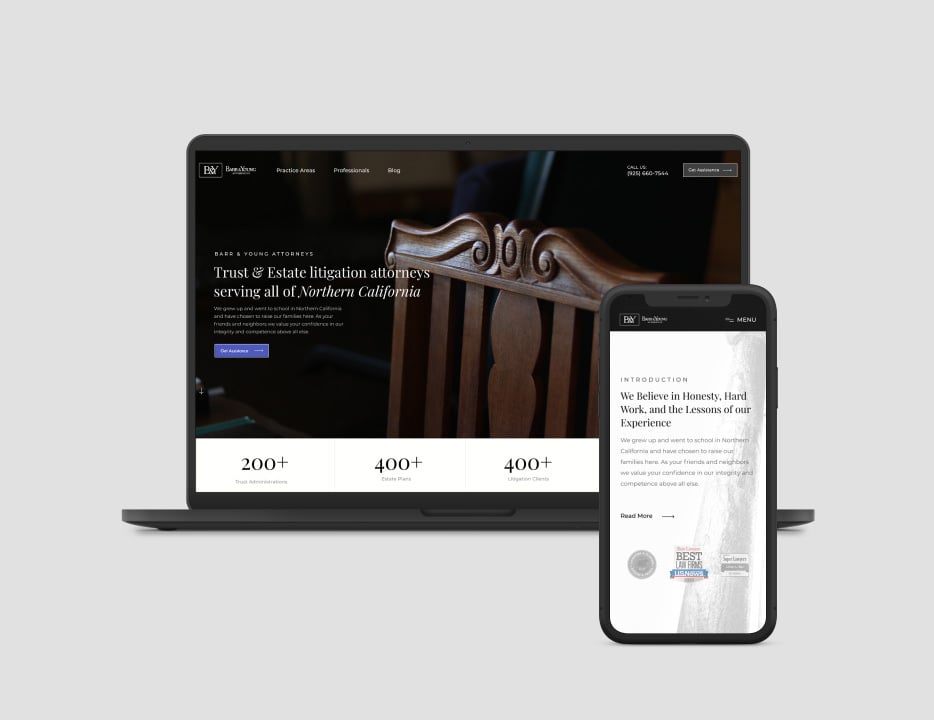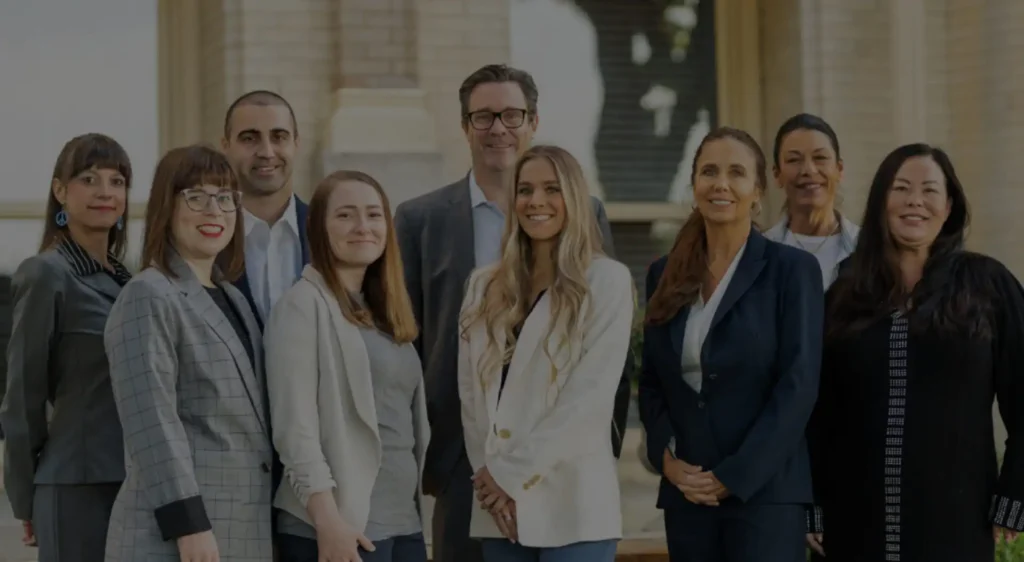Dramatically improve ROI
OUR WORK
Diverse industries. Common challenges.
A full service web design and digital marketing company in Chicago specializing in web development, SEO and PPC to grow your revenue. Guaranteed.

DIGITAL MARKETING, PPC, SEO, WEBSITE DESIGN
Barr & Douds Attorneys
Legal
Comrade Increases Prestigious Law Firm’s Leads, Decreases Cost Per-Lead
DIGITAL MARKETING, PPC, SEO, WEBSITE DESIGN
Barr & Douds Attorneys

Content Marketing, DIGITAL MARKETING, SEO, WEBSITE DESIGN
Stracci Law Group
Legal
Indiana’s Premier Criminal Defense Attorney Taps Comrade to Grow Practice with Full Website Redesign
Content Marketing, DIGITAL MARKETING, SEO, WEBSITE DESIGN
Stracci Law Group

DIGITAL MARKETING, SEO, WEBSITE DESIGN
Sequoia Legal
Legal
Business Law Firm Increases Qualified Leads by 169%, Greatly Improves Bounce Rate With Comrade Redesign
DIGITAL MARKETING, SEO, WEBSITE DESIGN
Sequoia Legal

Content Marketing, DIGITAL MARKETING, SEO, WEBSITE DESIGN
Tauber Law
Legal
Premier Philadelphia law firm launches innovative new website
Content Marketing, DIGITAL MARKETING, SEO, WEBSITE DESIGN
Tauber Law

Brandon White Law
Legal
Near 971% increase in organic traffic poises Brandon White for long-term success
Brandon White Law

DIGITAL MARKETING, SEO, Website Redesign
Hodgson Law Offices
Legal
In just 6 months, Comrade successfully boosted traffic and generated more leads for this Family Law firm.
DIGITAL MARKETING, SEO, Website Redesign
Hodgson Law Offices

Content Marketing, DIGITAL MARKETING, PPC, SEO, WEBSITE DESIGN
Lehmbecker Law
Legal
Premier Seattle law firm launches fresh website and comprehensive marketing campaign
Content Marketing, DIGITAL MARKETING, PPC, SEO, WEBSITE DESIGN
Lehmbecker Law

Content Marketing, DIGITAL MARKETING, PPC, SEO, WEBSITE DESIGN
SimVisa
Legal
Chicago immigration firm gets an upgrade with strategic marketing campaign and robust website
Content Marketing, DIGITAL MARKETING, PPC, SEO, WEBSITE DESIGN
SimVisa

Web Development, WEBSITE DESIGN
Kenneth J. Allen Law Group
Legal
Highly regarded Chicago-based law firm entrusts Comrade with its web presence, year after year
Web Development, WEBSITE DESIGN
Kenneth J. Allen Law Group

Content Marketing, DIGITAL MARKETING, PPC, SEO, WEBSITE DESIGN
Lawyer for Business
Legal
Lawyer for Business Celebrates Exceptional Growth in Organic Traffic, Qualified Leads, and Conversion Rates
Content Marketing, DIGITAL MARKETING, PPC, SEO, WEBSITE DESIGN
Lawyer for Business
Recognized as a leading Marketing Agency
REVIEWS:
PARTNERS:
AWARDS:
AVERAGE CLIENTS SEE A 4.5X ROI
Request a Quote
Outperform the competition
Improve conversions
Reduce cost per acquisition
Increase repeat purchases